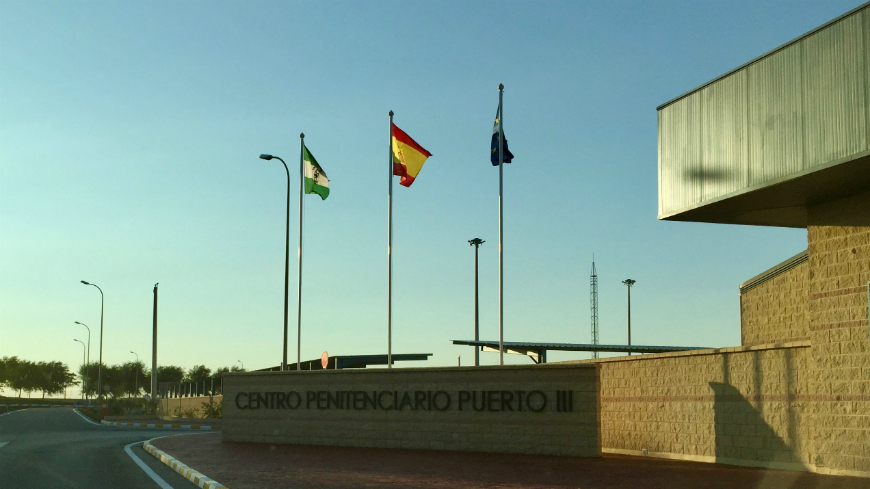During its 2016 periodic visit to the country, the CPT’s delegation found that the vast majority of people detained by law enforcement agencies stated that they had been treated correctly by police officers. However, the delegation did receive some credible allegations of excessive use of force upon apprehension and of physical ill-treatment upon arrival at police stations.
As regards the incommunicado detention regime, the CPT acknowledges that its scope has been limited by legislative amendments in 2015 and notes positively that incommunicado detention was not ordered in 2015 or 2016. However, the Committee considers that given the intrinsic potential for ill-treatment of criminal suspects under such a regime, it should be removed altogether from the statute book.
In their response, the Spanish authorities address the cases of alleged ill-treatment and state that measures are being taken to improve conditions of detention in police stations. As regards the incommunicado detention regime, the authorities restate that it is necessary to retain such a measure in the context of the fight against terrorism.
As regards prisons, the CPT commends the considerable efforts invested by the Spanish authorities to eradicate prison overcrowding which have yielded significant results in recent years. The vast majority of inmates in ordinary regime modules stated that they were treated correctly by staff. Nevertheless, the CPT’s delegation received a significant number of allegations of physical ill-treatment of inmates in closed regime modules in all the prisons visited. The allegations consisted of slaps, punches, kicks and blows with batons inflicted as an informal punishment by staff following episodes of disobedient behaviour, self-harming or a breach of the house rules, including when inmates were subjected to a measure of mechanical fixation to a bed.
The Spanish authorities should stamp out such unacceptable behaviour by prison staff through providing staff with training on high-risk situations and carefully investigating all alleged acts of ill-treatment. They should also do more to promote the reintegration of inmates from closed to ordinary regime and to offer them an increased level of purposeful activities.
The CPT is particularly concerned about the continued resort to mechanical fixation of inmates for regime purposes (sujeción mecánica). Inmates are still fixated to a bed for prolonged periods without adequate supervision and recording. Its application was, in some cases, punitive in nature and could amount to degrading treatment (such as cases of inmates having to soil themselves while fixated). The CPT calls upon the Spanish authorities to stop resorting to fixation as a security measure in prisons.
The CPT is critical of the performance of supervisory judges (Jueces de Vigilancia Penitenciaria) who were found once again to act mainly as a “rubber stamping authority” for the decisions of the prison administration (notably as concerns the application of mechanical fixation of inmates) rather than as an independent and impartial supervisory institution.
In their response, the Spanish authorities affirm that there is no complacency towards acts of physical ill-treatment of inmates and that all such allegations are duly investigated. On the longstanding issue of mechanical fixation of inmates, the Spanish authorities recognise that there is a need to regulate this measure in accordance with national and international accepted standards.
As regards Sogradio and Tierras de Oria juvenile detention centres, the majority of juveniles were positive about the way in which they were treated by staff. However, a few allegations of juveniles being slapped and punched by staff were received at both establishments. The CPT is particularly concerned by the application of mechanical restraint to agitated juveniles. For example, at Tierras de Oria juveniles could be fixated to an ordinary bed face down for several hours; such treatment in the CPT’s view is inhuman and degrading and the fixation of juveniles should be ended.
In their response, the Spanish authorities deny the existence of any physical ill-treatment of juveniles at either of the centres as no official complaint of ill-treatment had ever been recorded. As regards the fixation of juveniles, the authorities state that the number of cases is exiguous and that the law authorises the fixation of a juvenile to a bed with straps.
The report and response have been made public at the request of the Spanish authorities.
- Read the report in English, in Spanish
- Read the executive summary in English, in Spanish
- Read the response in English, in Spanish




